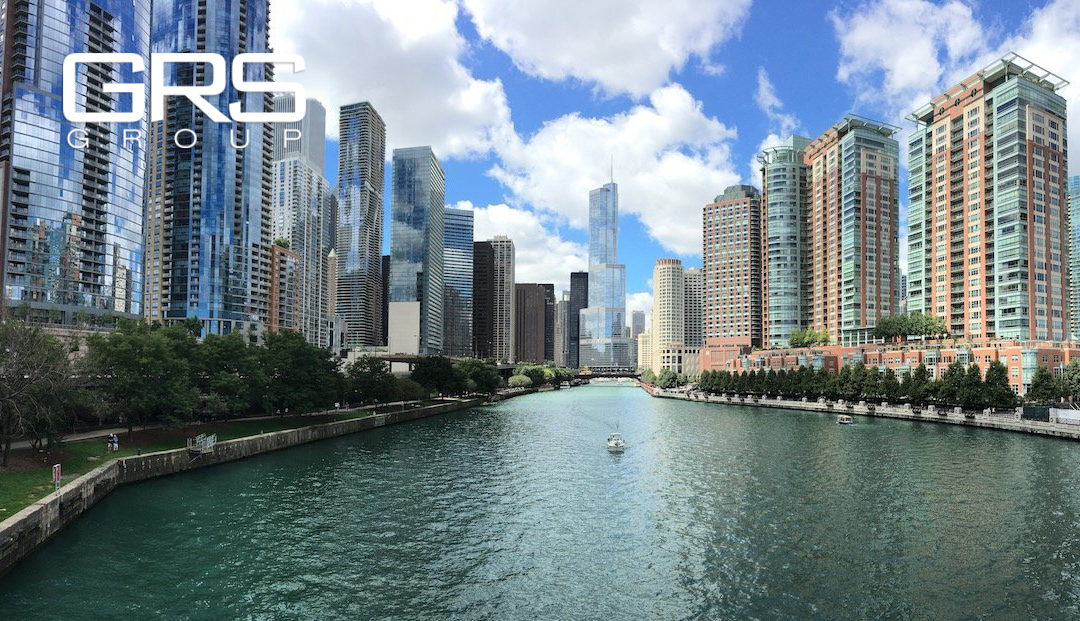
Julie Sorensen
Director, GRS Group
(312) 476-7658
[email protected]
There might be some rising vacancy rates in Chicago’s multifamily sector of commercial real estate, but it’s not necessarily a negative indicator of how the third-largest city in the country’s apartments is performing.
A recent Marcus & Millichap report on multifamily’s first quarter in the area said that over the last year vacancy rates have increased by 140 basis points, to 6.5 percent in urban areas. In the suburbs, they rose 30 basis points, to 5.2 percent.
Part of the reason for that, says the firm, is a construction boom, with just over 10,500 new units being completed over 2017. That reportedly makes it one of the most active markets in the country for apartment building.
The vacancy increase might not be such a bad thing. While this took place, rents increased significantly, rising 5.3 percent year over year. Unemployment has also decreased, while job growth is on the rise over the last five years. At the beginning of the year, Chicago-area job growth hit a 25-year high. And since the single-family home market hasn’t improved a lot on the transaction end, this means that people are looking for apartments.
An Integra Realty Resources report released early this year says that construction will likely slow down, so that vacancy rates do not increase significantly. But that will not take place until the next two years. However, there is concern about rent concessions in the meantime. This could dissuade buyers. Additionally, Chicago’s population is on the decrease annually, which is problematic, but it is still considered one of the country’s gateway cities and has always had a diverse workforce. Ironically, population density in the urban core is on the rise, meaning that there is apartment demand.
Deals are still happening, though. In suburban Hoffman Estates, a complex sold for $104 million that has 21 three-story buildings. Dayrise was the purchaser, while Investcorp was the seller. Essex Realty Group recently brokered the sale of two buildings, totaling just over 30 units each, in the area for $25.2 million.
When it comes down to it, Chicago has a diverse employment place and will always be one of the country’s population centers. Despite ebbs and flows in the economy and annual population numbers, it will likely continue to be one of the most important multifamily markets in the country.
About GRS Group:
GRS Group is a leading provider of commercial real estate (“CRE”) services worldwide. With offices across the United States, Europe, and affiliates around the globe, GRS Group provides local market knowledge with a global perspective for institutional real estate investors, occupiers and lenders worldwide. The GRS Group team has evaluated and advised on over $1 trillion in CRE transactions.

